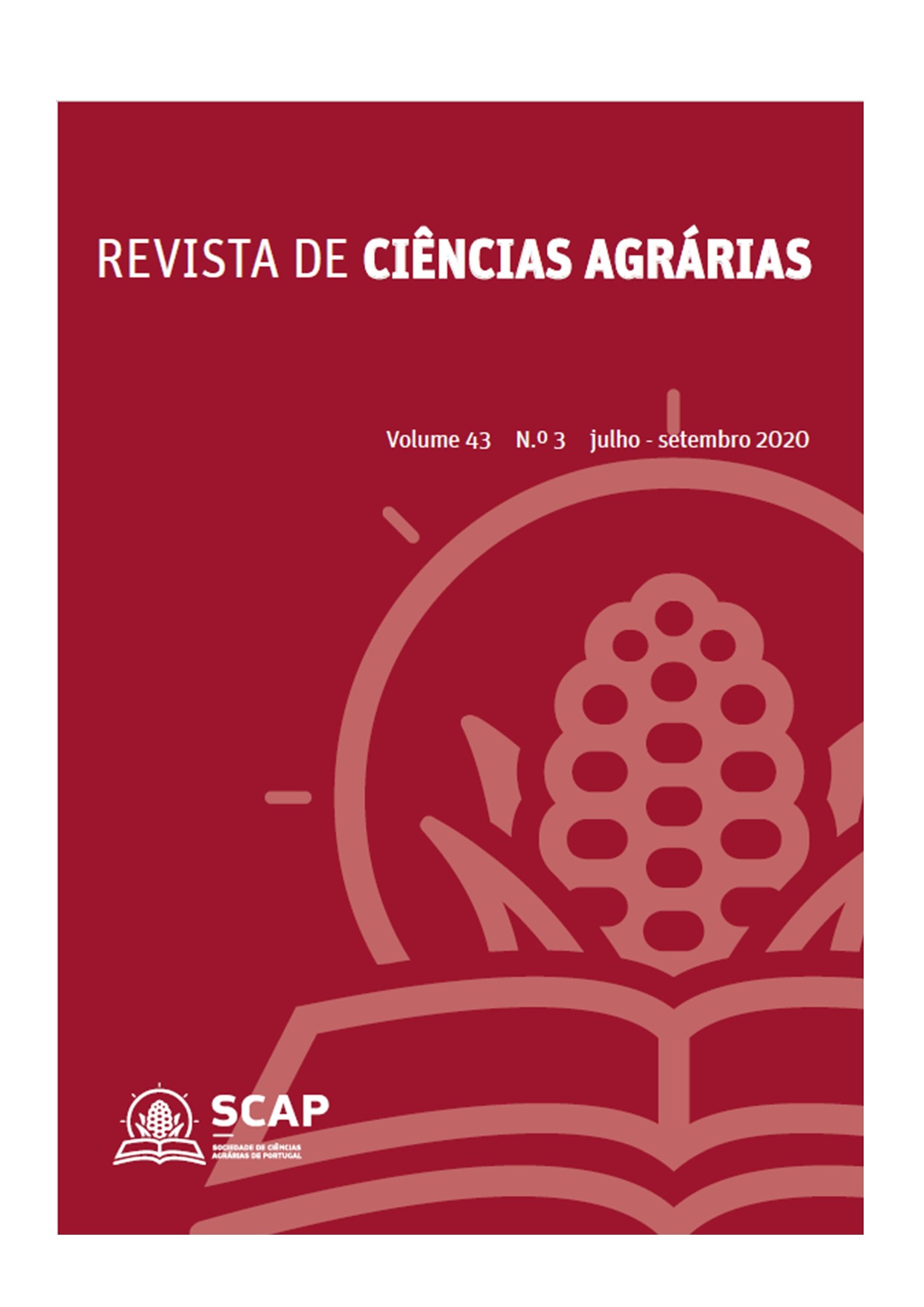Water quality in the semiarid region and its effects on soil attributes and culture Moringa oleifera Lam.
DOI:
https://doi.org/10.19084/rca.20722Abstract
Salinity is one of the main problems faced by irrigated agriculture in the semi-arid region, which generally impairs plant growth due to the osmotic effects and ion toxicity. These factors reflect negatively on the growth and development of plants, especially in the early stages of their development. Moringa oleifera Lam, an arboreal vegetable, easy to grow, fast growing, adapted to different types of soil and climate, besides being highly productive, has great potential for animal feed. Studies on the species are still scarce, mainly on the development of seedlings under saline stress. Existing studies point to a tolerance for a level of salinity up to 20 dS m-1. Conducting more research on the subject is of great importance, as they provide subsidies for the cultivation of the species in a region whose supply of quality water is deficient.


